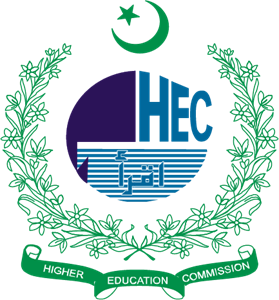EVALUATION OF NEWLY IMPLEMENTED UNDERGRADUATE MEDICAL RESEARCH CURRICULUM AT REHMAN MEDICAL COLLEGE, PESHAWAR, KP, PAKISTAN
Keywords:
Medical Education; Undergraduate Medical Education; Medical Research; FeedbackAbstract
Introduction: Medical research is a low priority area in Pakistan, particularly at the undergraduate level. The graduate MBBS doctor hence suffers on the international arena in having a dearth of research knowledge or output. Rehman Medical College (RMC) embarked on an innovative venture of including an Undergraduate Medical Research Program (UGMR) in the MBBS curriculum since 2010. The present study was conducted to provide guidelines for evaluating the implemented UGMR program and its future continuity.
Materials & Methods: The questionnaire-based survey was conducted from May-June 2013 on RMC students of Professional MBBS years 1-3 who had been part of the UGMR program. A sample was also obtained from RMC faculty through a separate, though related questionnaire. Domains under study were acceptability of the program, implementation strategy, efficiency, outcome and future prospects / directions. Data were analyzed by SPSS version 15.0. The Chi square test and the Student’s T test were used for comparing frequencies and means respectively between groups, keeping p≤0.05 as significant.
Results: Students were enthusiastic and satisfied with the UGMR program from first to third year MBBS as an aid to enhance their self-learning and problem-solving skills; several areas of basic and advanced research topics that were difficult for students to understand were identified. RMC faculty identified areas of program implementation that needed greater emphasis and/or modification. However the majority of students and faculty wanted to maintain the program for future and recommended that all medical colleges should have UGMR programs.
Conclusion: Inclusion of an undergraduate medical research curriculum proved to be a successful venture with good prospects for future continuity and further consolidation.




